10 Countries with Tough Property Rules That Surprise Visitors

Thinking of buying a vacation home or investing in overseas real estate? Not so fast. While many destinations seem welcoming on the surface, their property laws tell a different story. From strict foreign ownership bans to complex trust structures and residency requirements, these 10 countries have surprisingly tough rules that can trip up even the most seasoned travelers. Before you fall in love with that beachfront villa or alpine chalet, here’s what you need to know.
Switzerland
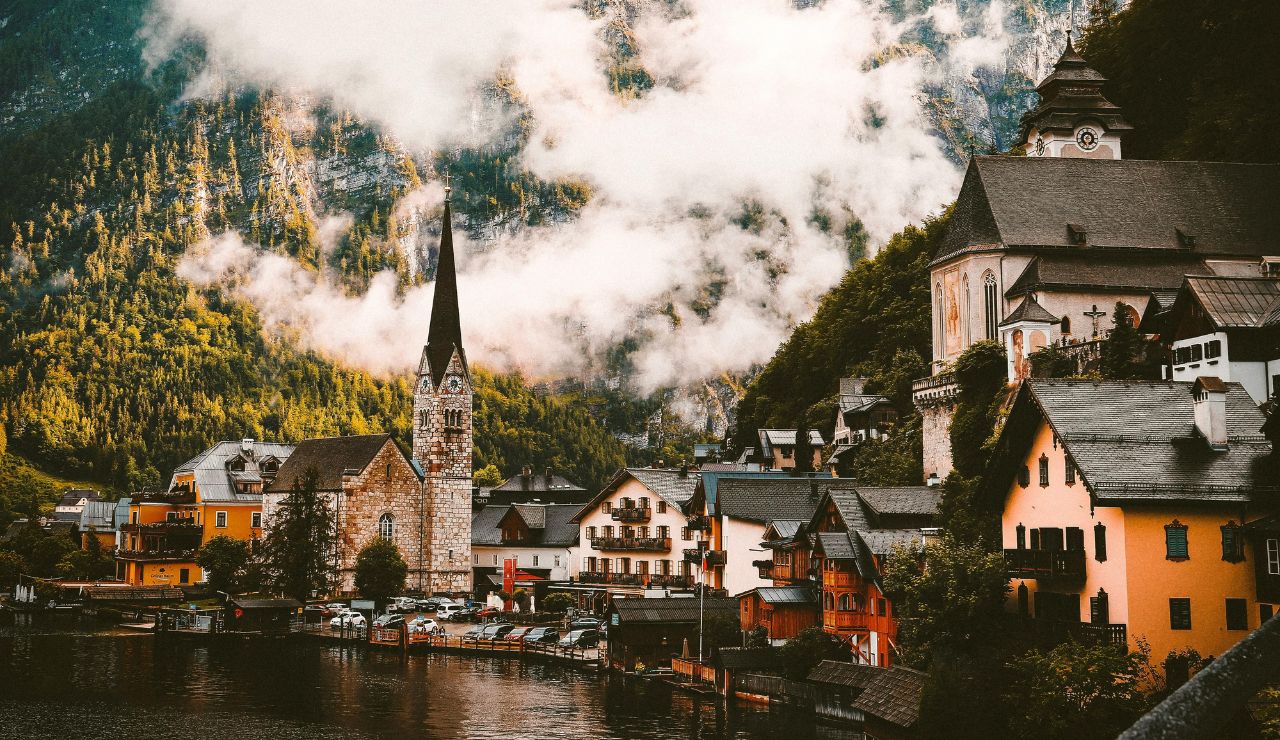
Switzerland’s charm is undeniable but buying property here as a foreigner isn’t easy. Non-residents face strict quotas, and approval depends on the canton, with popular areas like the Alps or Lake Geneva being especially selective. Even if you’re granted permission, the rules often limit how you can use or resell the home. Full-time residences are usually off-limits, and vacation homes come with strings attached. These laws aim to protect local culture, affordability, and housing availability. In short, the mountains may be calling, but ownership is carefully regulated.
Thailand
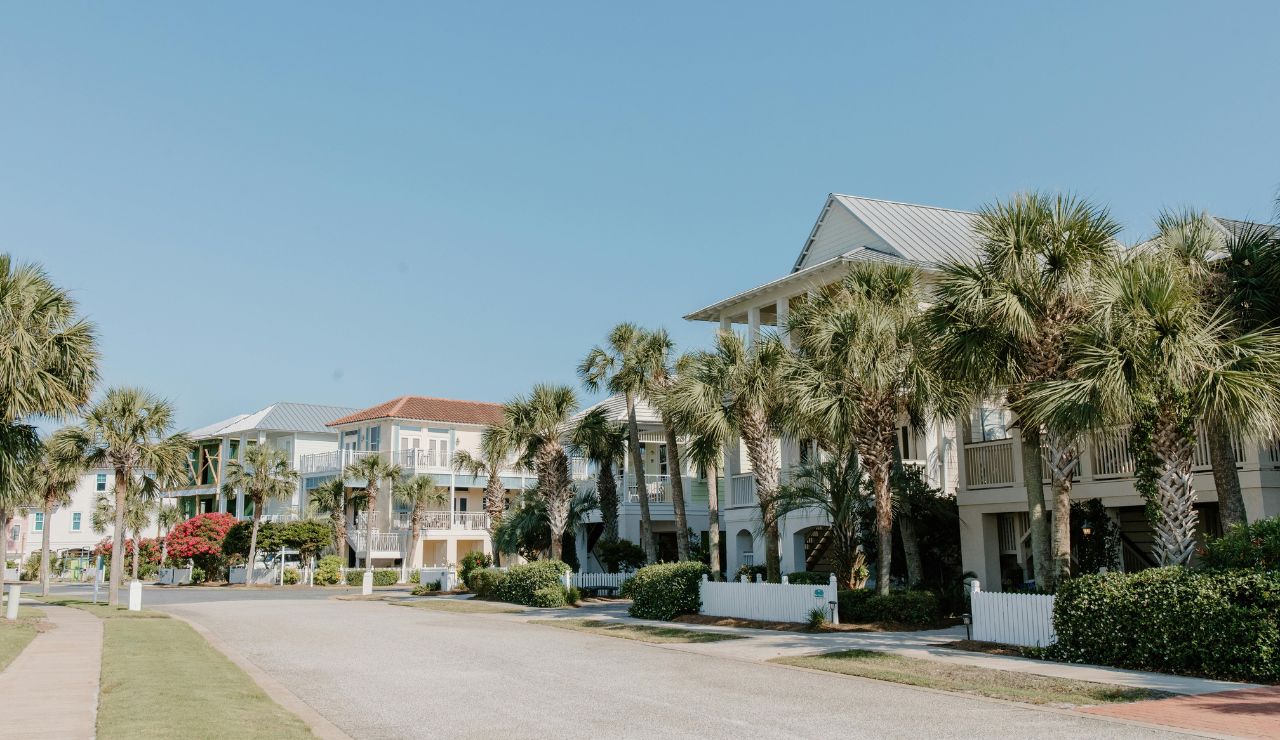
Thailand may be a dream destination, but for foreign buyers, land ownership remains a legal minefield. Foreigners are barred from owning land outright, though they can purchase condos provided foreign ownership in the building stays below 49%. To buy a house, many turn to risky workarounds like 30-year leases or setting up Thai companies, both of which come with legally uncertainty and loopholes that can close quickly. While Thailand welcomes tourists with open arms, its property laws are far more guarded. If you’re picturing a villa on the beach, just know it likely won’t ever be yours on paper.
Mexico
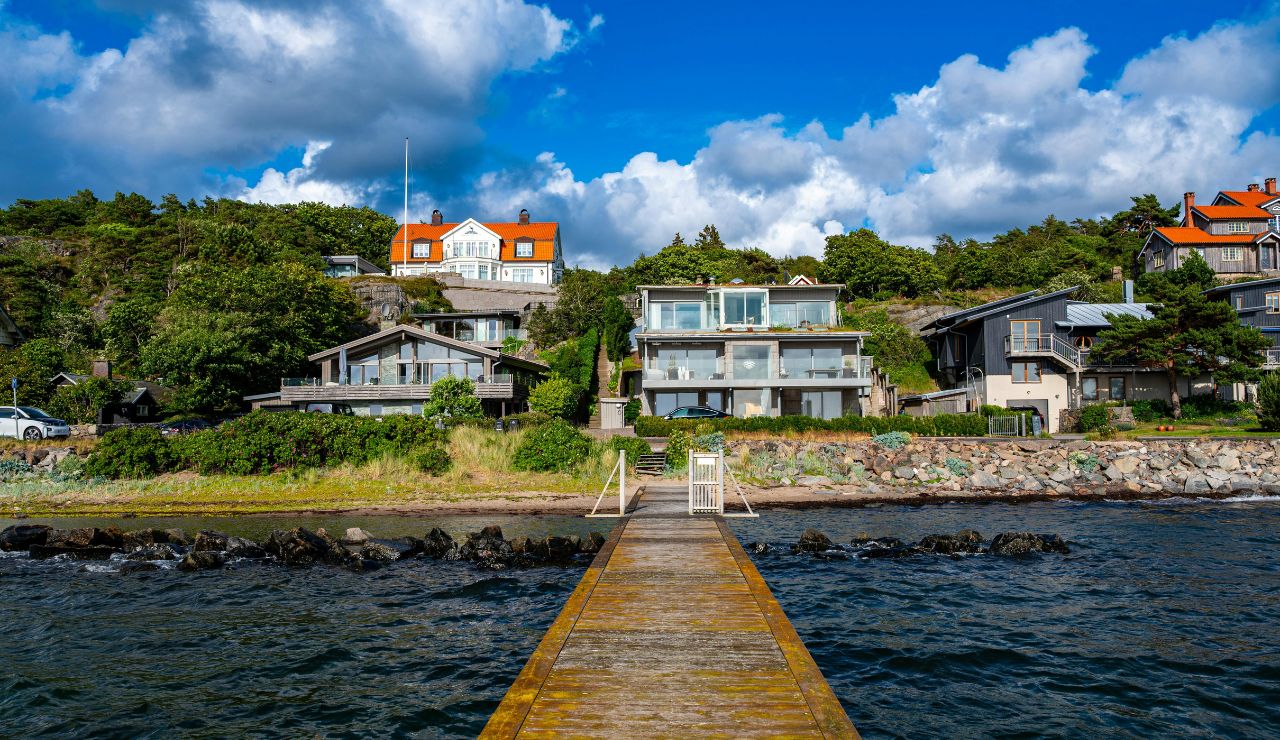
Mexico’s sun-drenched coastlines lure buyers, but foreigners can’t directly own land within 50 km of the shore or 100 km of the border. Instead, they must purchase through a fideicomiso, a bank-managed trust that technically holds the title. While legal and common, this setup adds ongoing fees, extra paperwork, and long-term uncertainty. You may feel like a homeowner, but on paper, you’re leasing through a third party. It’s a system that surprises many especially Americans who expect outright ownership in paradise. Doable? Yes. Simple? Not exactly.
New Zealand

New Zealand’s breathtaking beauty tempts many to put down roots—but buying property as a foreigner is no longer straightforward. Since 2018, most non-residents are banned from purchasing existing homes in an effort to cool the market and protect housing access for locals. Citizens of Australia and Singapore are exempt, but everyone else faces tight restrictions. You might be able to buy a newly built home or invest under special development conditions, but options are narrow and closely regulated. If you imagined owning a cottage in the countryside, be prepared for red tape.
Philippines
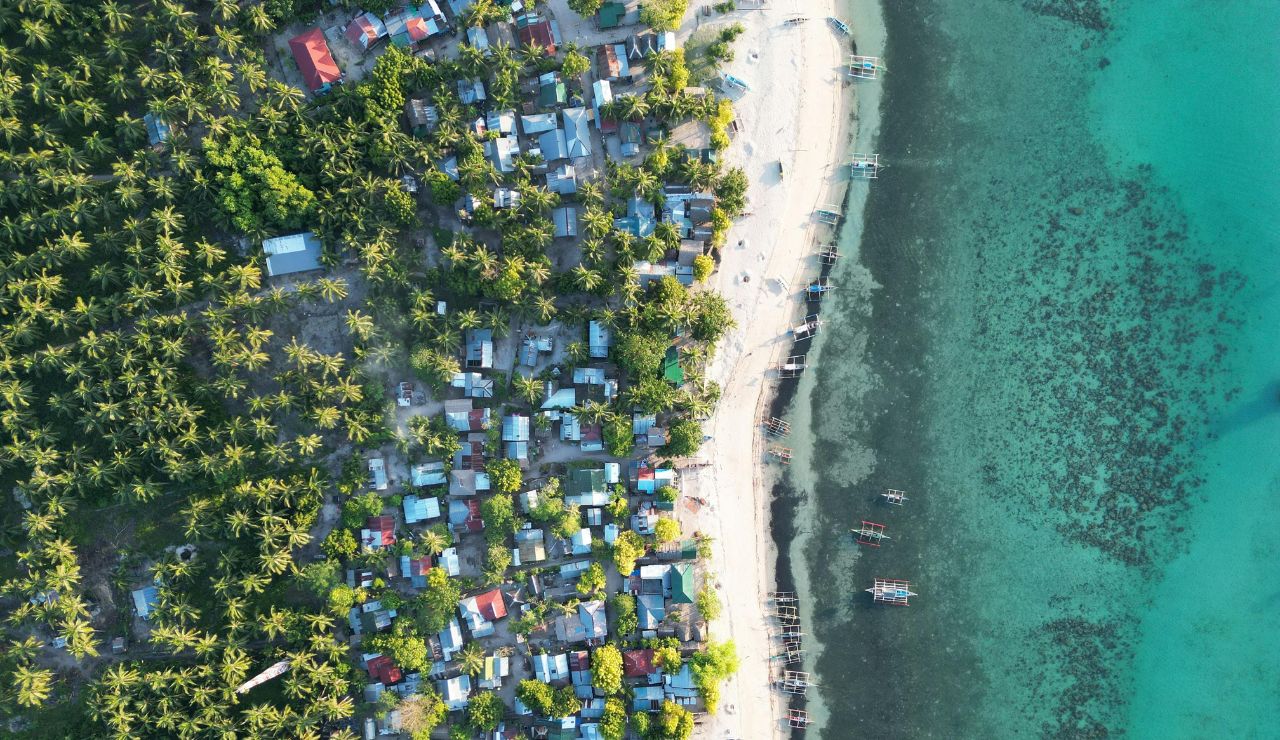
In the Philippines, land ownership is strictly off-limits to foreigners, no exceptions. While you can buy a condo (if 60% of the building is Filipino-owned), direct ownership of land is reserved for citizens and Filipino-owned companies. Long-term land leases are possible, but they don’t offer true security. Even marrying a local won’t sidestep the law and could lead to legal entanglements if things don’t work out. Many visitors are surprised by just how firm these rules are. The beaches may be open to all, but the land beneath them is not.
Indonesia

Indonesia’s lush islands attract dreamers, but buying property here is anything but simple. Foreigners are prohibited from owning freehold land and must instead rely on leasehold agreements or “right of use” (Hak Pakai) titles both of which come with expiration dates and shifting legal conditions. Even owning a villa in Bali means navigating bureaucracy, hiring legal help, and accepting that your claim could be revoked or revised over time. What looks like a permanent slice of paradise may only be yours on borrowed terms.
India
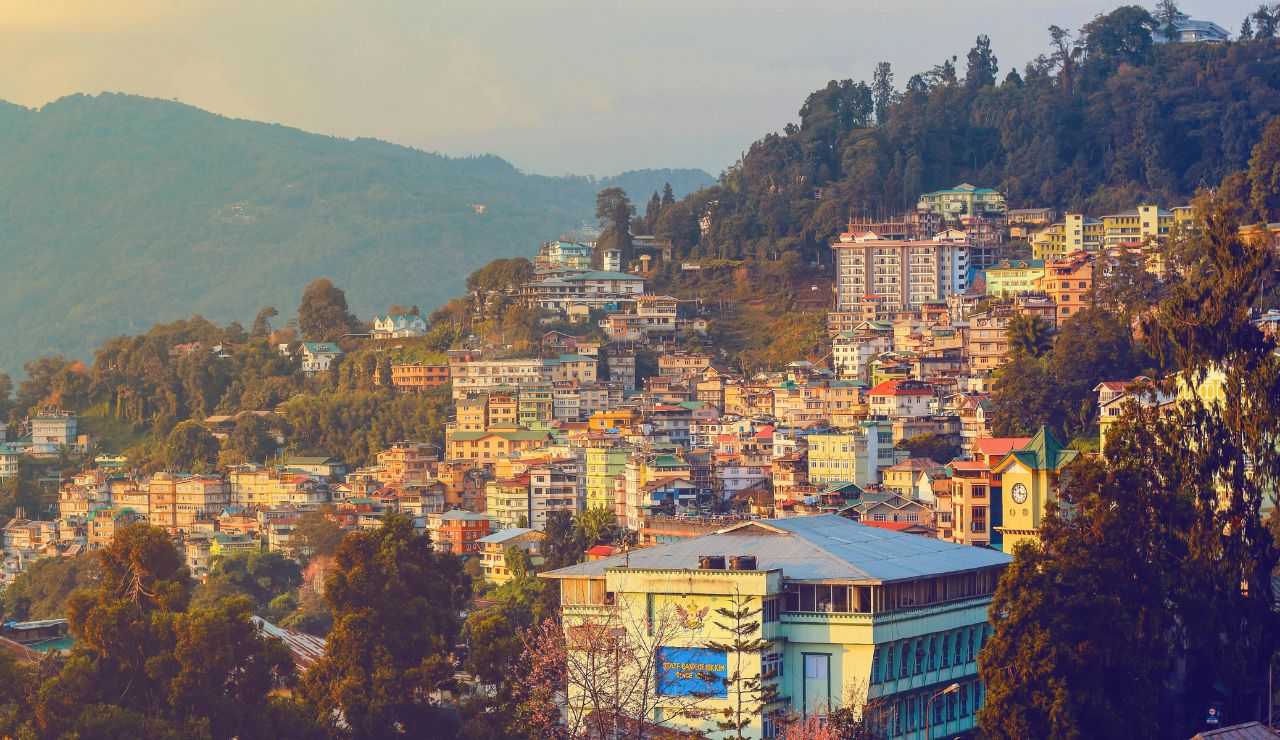
India’s property rules can be a maze for outsiders. Foreign nationals who aren’t residents generally can’t buy property, and even resident foreigners face restrictions—especially when it comes to agricultural land, plantations, or farmhouses. Non-resident Indians (NRIs) are allowed to buy, but they must navigate complex reporting requirements, usage limits, and tight financial regulations. Inheritance laws add another layer of confusion, especially when family assets span generations. That hillside bungalow might look like a deal but behind the scenes, it’s paperwork overload.
Denmark
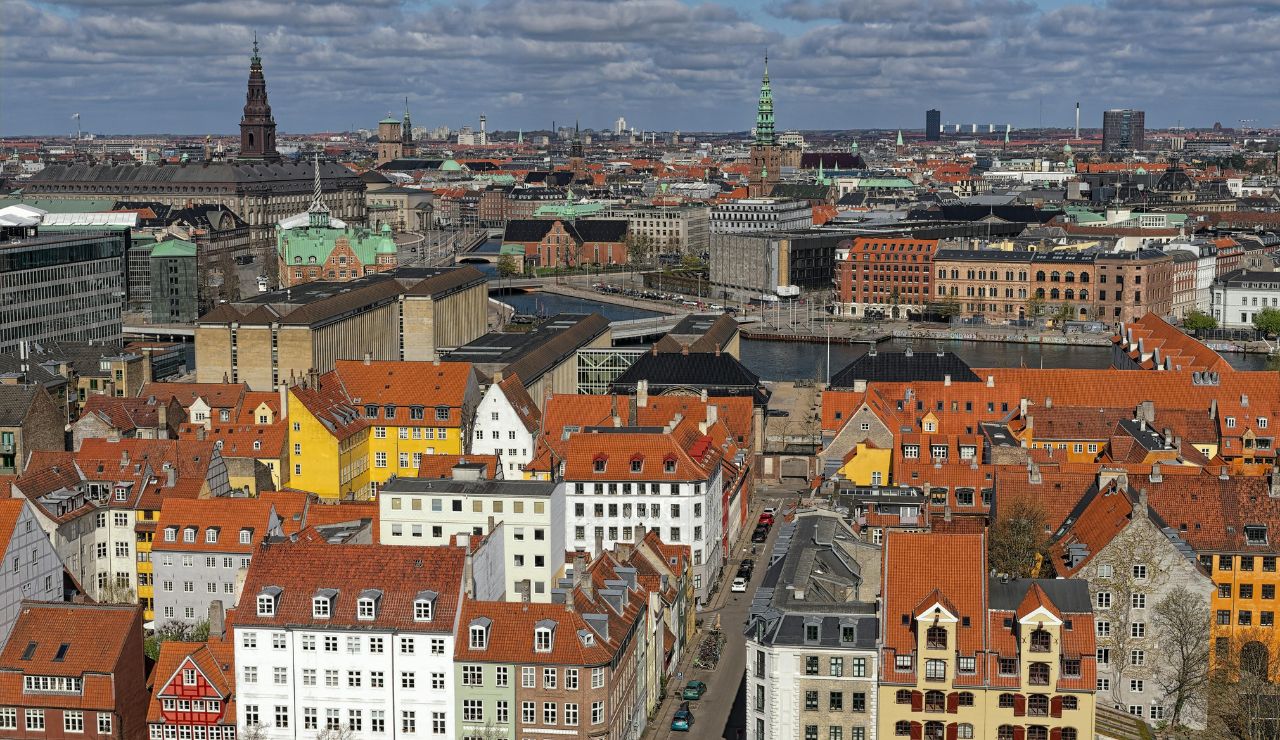
Denmark may look like a peaceful place to settle, but buying property here isn’t so easy especially for non-EU citizens. If you’re from outside the EU, you’ll need special permission from the Ministry of Justice to purchase real estate, and second homes or vacation houses are often out of reach. Even EU citizens must prove a long-term connection to Denmark, usually by having lived there for several years. The country prioritizes local ownership and protecting its landscapes from speculation, so while the cottages are beautiful, the legal path to owning one is anything but relaxed.
South Korea

Foreigners can legally buy property in South Korea but don’t expect a smooth ride. All purchases must be reported to local authorities, and recent government measures have made the process more taxing literally. To curb soaring prices and speculation, buyers face high acquisition and capital gains taxes, especially in hot zones like Seoul. Non-resident investors are also subject to extra scrutiny, and financing options can be limited. The system is transparent, but heavily regulated. In a country where housing policy shifts quickly, owning property can feel like walking a tightrope.
Australia
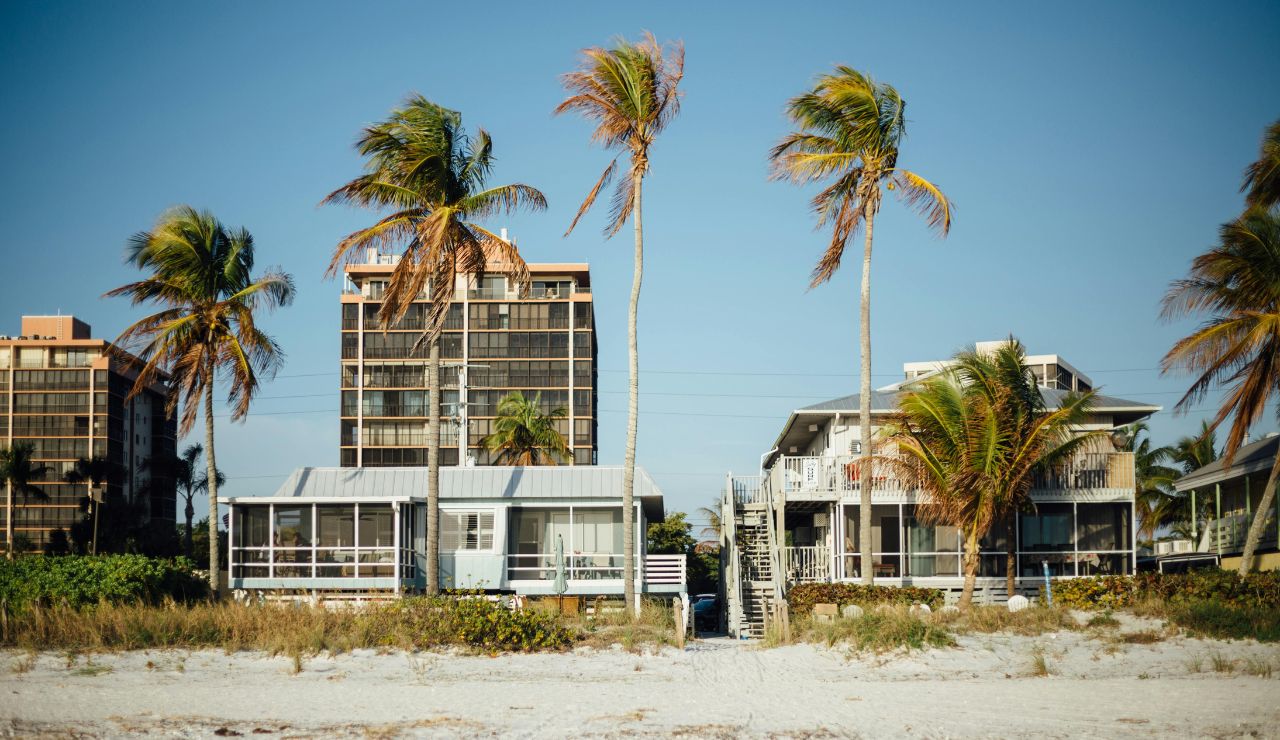
Australia welcomes visitors, but buying property here as a foreigner comes with strings attached. You’ll need approval from the Foreign Investment Review Board (FIRB), and even then, you’re limited mostly to new builds or vacant land intended for development. Existing homes are generally off-limits unless you’re planning to live in the property and later sell it. On top of that, foreign buyers face hefty stamp duties, annual land surcharges, and tight reporting requirements. While the system is clear and legal protections are strong, the barriers are high and they’re only getting stricter.